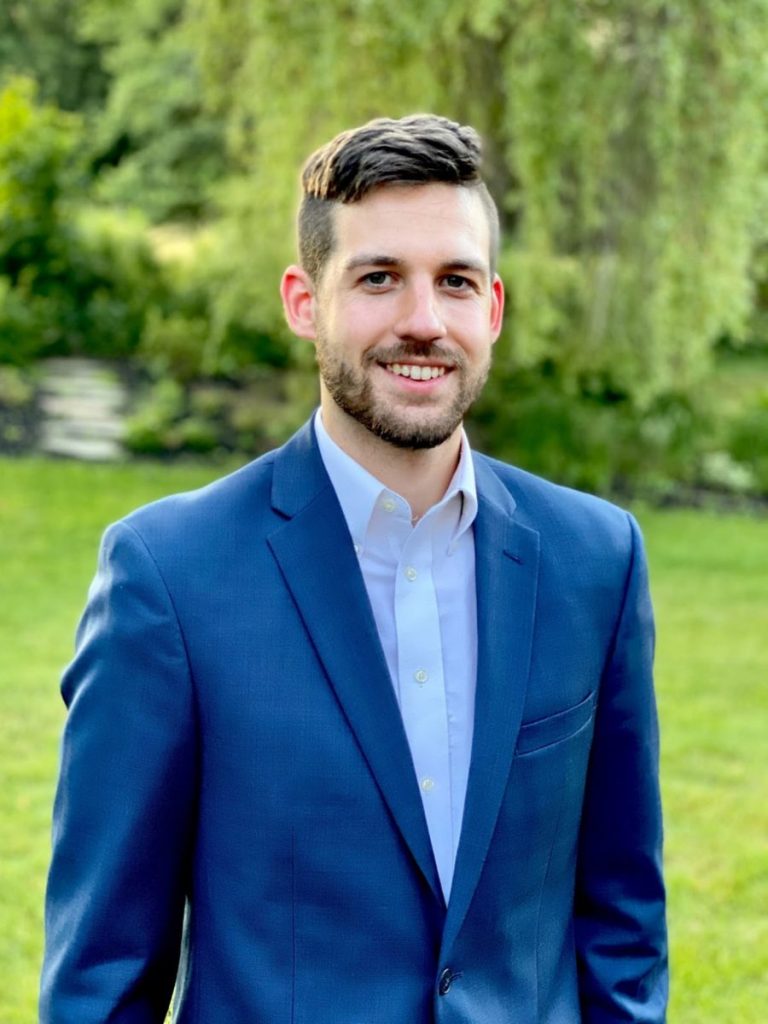
Nick graduated in Spring 2024 having worked in the Gibbons lab at the Institute for System Biology. Since graduation, Nick has continued on as a postdoc in the Gibbons lab, working on projects that build on his PhD research in precision microbiome nutrition, now with a more industry-focused direction. Nick hopes to use the methods they developed to help transition the team work toward practical applications, with the goal of enabling personalized, microbiome-centered interventions. He was selected as a College of Engineering Dean’s fellow in 2019. Read More
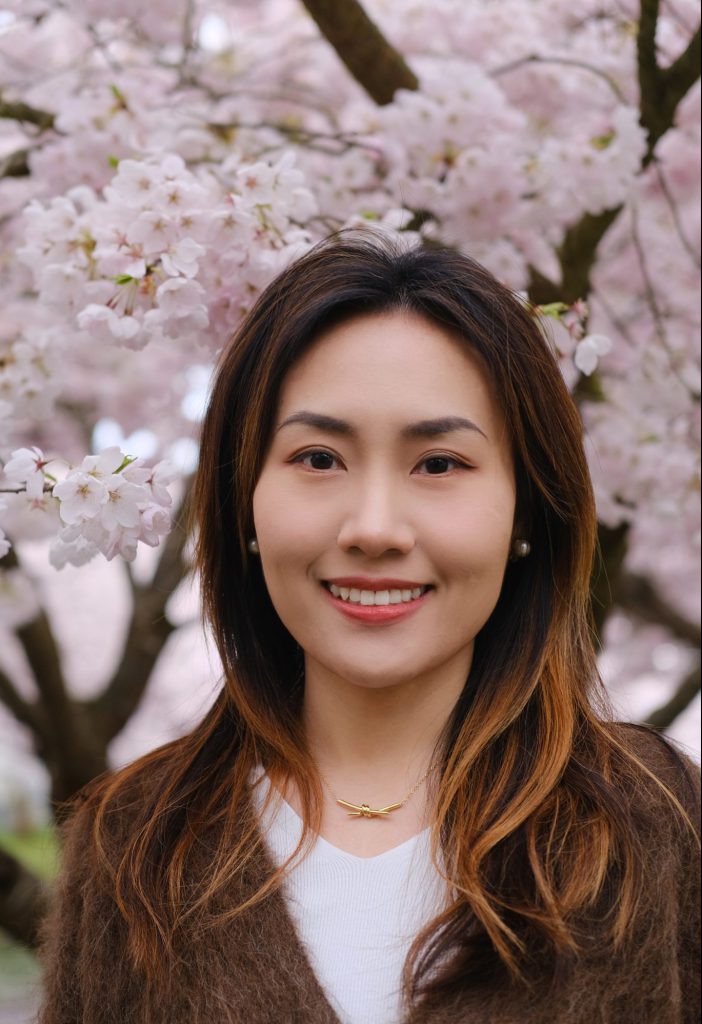
As a graduate student in Dr. James Heath’s lab at the Institute for Systems Biology, Jingyi is developing new methods to analyze antigen-specific T-cell populations by incorporating multiple biomolecular technologies. These technologies were applied to improve personalized cancer immunotherapy and understand the host immune response against SARS-CoV-19. She holds a B.S. in Biomedical Engineering from Southeast University (Nanjing, China) and an M.S. in Bioengineering from the University of Washington. Read More

Yeon is a graduate student in the lab of Drs. Jennifer Hadlock and Lee Hood at the Institute for Systems Biology. She is investigating adverse maternal outcomes by integrating multi-omics and electronic health record (EHR) data. More specifically she is characterizing the association between the continuation of antidepressant use during pregnancy and the risk of preterm birth using Providence EHR data. She was awarded the 2018 College of Engineering Dean’s Fellowship. She has a B.S. in Genetics and Plant Biology from the University of California, Berkeley. Read More
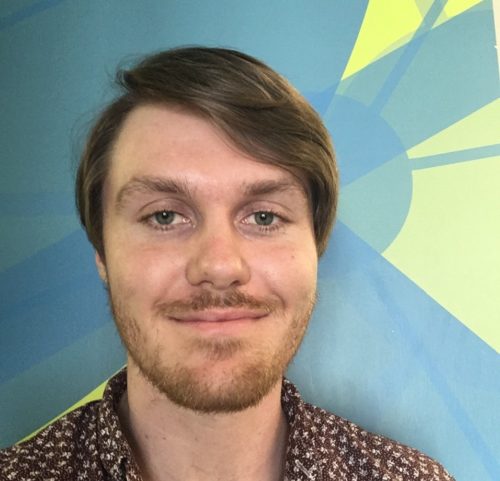
Alex is co-advised by Drs. Sean Gibbons and Nitin Baliga at the Institute for Systems Biology. He is interested in how interspecies interactions and environmental factors facilitate the formation and functions of microbial communities as well as the ways by which these communities adapt to changes in their environment, and the roles they play in both the environment and human health. He hopes to develop a deeper understanding of the complex interspecies and evolutionary dynamics of soil and human gut microbial communities through the characterization of individual species and synthetic consortia. Read More
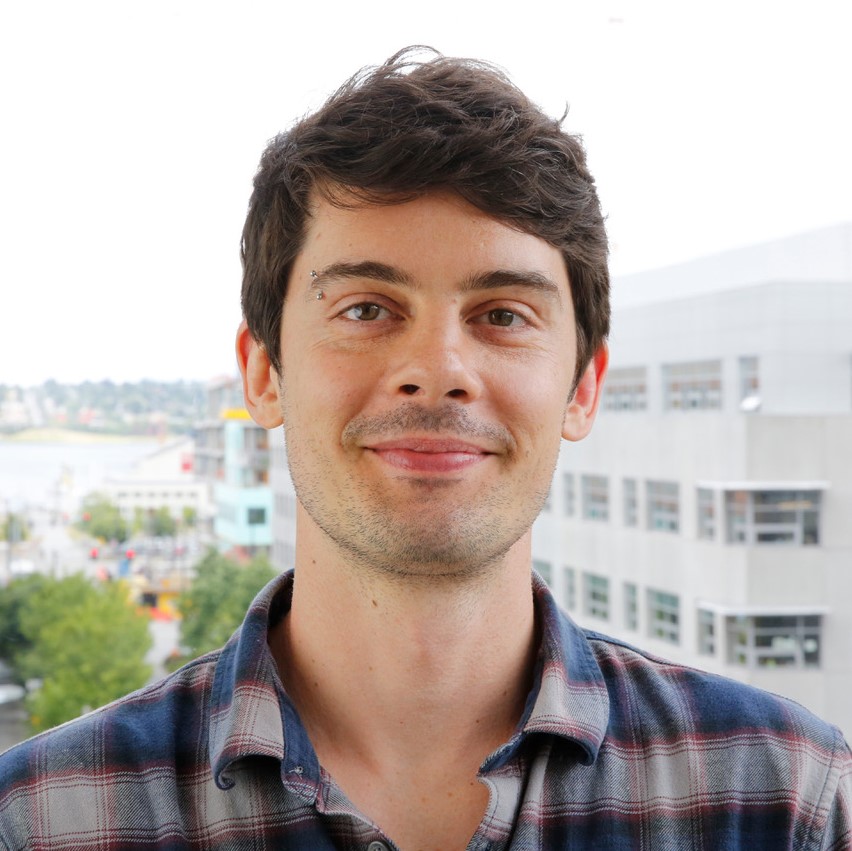
Our lab studies the ecology and evolution of microbial communities. In particular, we are interested in how host-associated bacterial communities influence the health and wellness of the host organism. We design computational and wet-lab tools for studying these complex systems. Ultimately, we aim to develop targeted ecological therapeutics for engineering the ecology of the gut microbiome to improve human health. Read More
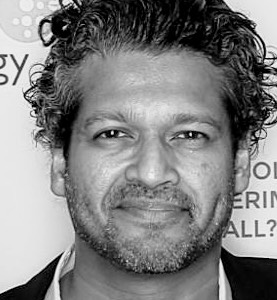
The Baliga Lab develops predictive models to explain, predict and manipulate complex biological behaviors in order to catalyze strategies for personalized medicine, formulating effective therapies for tuberculosis, and crafting solutions for a sustainable environment. Interaction with the environment is central to how information within our DNA is decoded into observable phenotypes. Dr. Baliga and his laboratory are using a multidisciplinary systems approach to understand this process. Once delineated, the engineering principles governing assembly of biological systems will help unlock potentials within diverse organisms, and enable spectacular solutions for problems in environment, global health and medicine. Read More